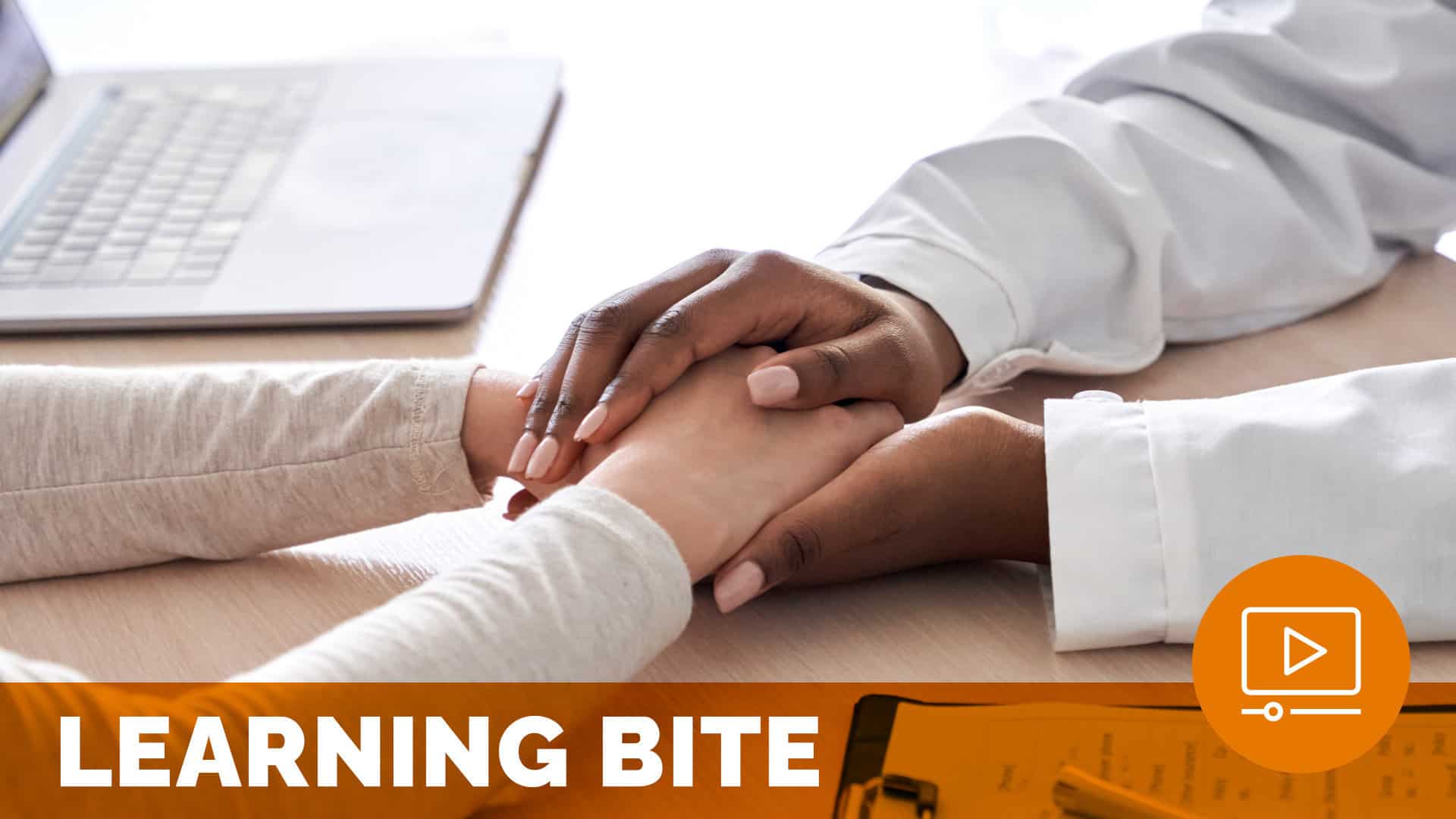Service Recovery and Apology: Getting it Right
Published June 11, 2016


Andrew Gallan, Assistant Professor at DePaul University, shares a theory-tested strategy to help you think about how your organization structures its service recovery strategy, and what elements it might be missing. Gallan describes three elements of the theory and offers steps for organizations to formulate an effective service recovery strategy to drive patient experience improvement.
Related content
-
Patient Family & Community Engagement
Patient Perspectives on Implementing a Person-centered Care System: Experiences from the U.S. Veterans Health Administration’s Whole Health System of Care
Published May 5, 2025

Objectives. Replacing the disease-centered, paternalistic approach in healthcare with a person-centered model has become a widely recognized imperative. However, patients’ perspectives on and experiences with real-life efforts to implement this approach to care are rarely studied. We examined this issue at a health system with a prominent record of commitment to implementing person-centered care on
Learn more -
Patient Family & Community Engagement
“Psychosocial Dimensions of Living with Hep B: Notes from the Field The Lived Experience of a Mother Raising a Daughter with Hepatitis B”
Published August 8, 2025

What follows is based on the interweaving of three points of view each of which contributes to an understanding of the experience of living with Hepatitis B: (i) as the mother of a daughter who was diagnosed with HBV at 5 months and who still, at age 22, carries traces of the surface antigen in
Learn more -
Patient Family & Community Engagement | Staff & Provider Engagement
Connecting Compassion for Patients with Health Care Worker Wellbeing
Published July 29, 2025

This webinar will explore: understanding who patients are, what they need, and how compassion can be shown; research on the benefits of compassionate care for patients and providers; and practical communication skills to avoid common pitfalls that increase suffering. By reconnecting healthcare workers with the “why” of their roles, we can enhance patient experience and
Learn more
